Caffeine is the world’s most popular stimulant, but it's also notorious for disrupting sleep. Searches like “caffeine and sleep quality” and “caffeine sleep phases” spike daily, and for good reason. Even a single cup late in the day can impair REM and deep sleep. What if there were a smarter alternative? Enter paraxanthine, the primary metabolite of caffeine that offers cleaner energy and fewer sleep disturbances. In this data-backed guide, we explore caffeine metabolism, its effects on sleep, and how Px Coffee delivers a better wake-up-and-rest stew.
1. Caffeine Metabolism & Its Impact on Sleep
Once ingested, caffeine peaks in your bloodstream within 1–2 hours and has a half-life of 3–7 hours, with some individuals retaining it up to 12 hours.
- Recent EEG-based research using high-density setups out of the Université de Montréal showed that a 200 mg evening dose reduced delta (deep sleep) activity and increased beta (alertness) waves—even six hours later—leading to fragmented, shallow sleep.
- Comprehensive reviews establish that caffeine lowers total sleep time, delays sleep onset latency (SOL) by ~9 minutes, and raises wake-after-sleep-onset (WASO) by 7%, further reducing sleep quality.
-
Even 400 mg consumed 6 hours before sleep reduces total sleep time by ~45 minutes and impairs efficiency by 7%.
-
EEG studies reveal that evening caffeine delays deep non-REM sleep, elevates wake-like beta waves, and impairs “brain recovery” phases.
-
A dose-response study confirms that 100–600 mg caffeine before bedtime degrades sleep across all stages .
Bottom line: caffeine lingering in your system can disrupt sleep across all key phases—especially deep N3 and REM—impairing restoration, emotional health, and cognitive recovery .
2. Which Sleep Phases Are Most Affected?
When caffeine disrupts sleep, it does so unevenly. Research shows:
-
Slow-wave sleep (SWS)—crucial for memory and physical restoration—is most vulnerable, reducing deep components, especially early in the night.
-
REM sleep—essential for emotional processing—is delayed, shifted, and fragmented .
-
Caffeine also increases sleep latency and wake-after-sleep-onset, which disrupts the sleep cycle long after you nod off .
These disruptions compromise memory consolidation, mood regulation, and full-body recovery.
3. Paraxanthine: Cleaner Energy, Less Sleep Disruption
Paraxanthine is what your body converts 80% of caffeine into, thanks to the enzyme CYP1A2 . In animal studies, it's less likely to cause sleep fragmentation or anxiety:
-
In mice, paraxanthine promotes daytime wakefulness similarly to caffeine—but with fewer side effects like hypothermia or locomotor suppression, and without lasting sleep debt.
-
Human-toxicology studies on paraxanthine show a safer profile than caffeine .
Emerging benefits include:
-
Reduced jitters and anxiety versus caffeine .
-
Faster elimination, lowering the risk of bedtime disruptions .
-
Enhanced cognition and memory, possibly due to increased BDNF and neuronal health .
Paraxanthine blocks the same adenosine receptors as caffeine—promoting alertness—but without lingering into your sleep window.
4. Track Your Sleep: Use a Smartwatch or Fitness Tracker
Want proof? Use a wearable sleep tracker to monitor caffeine’s effects.
A great resource is the video:
This video shows runners tracking sleep variables—like sleep onset latency, light vs deep sleep, and REM duration—revealing how caffeine notably shifts those patterns.
If you’re gauging sleep quality, brain function, or feel the afternoon slump creeping in too late, sleep trackers and science are sending a clear signal: caffeine may be doing more harm than good after a certain point. Surging online searches for keywords like “caffeine and sleep quality”, “caffeine metabolism sleep”, and “sleep tracker caffeine impact” reflect exactly that.
Enter Px Coffee: scientifically designed with paraxanthine to offer clean energy, smooth focus, and uninterrupted sleep—all backed by published research. Swap late-day cups of coffee for a smarter choice—wake up bright, sleep better, and thrive.



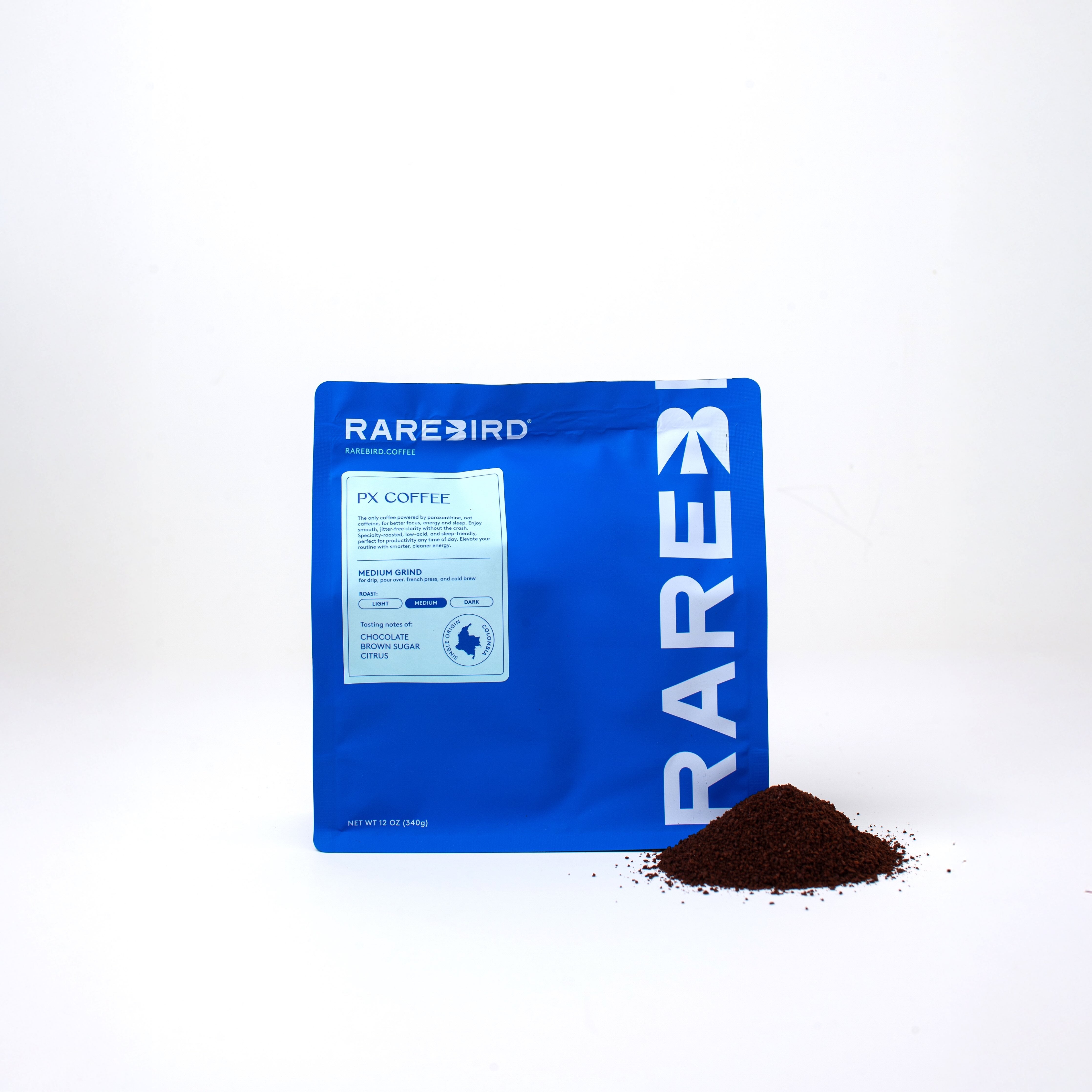


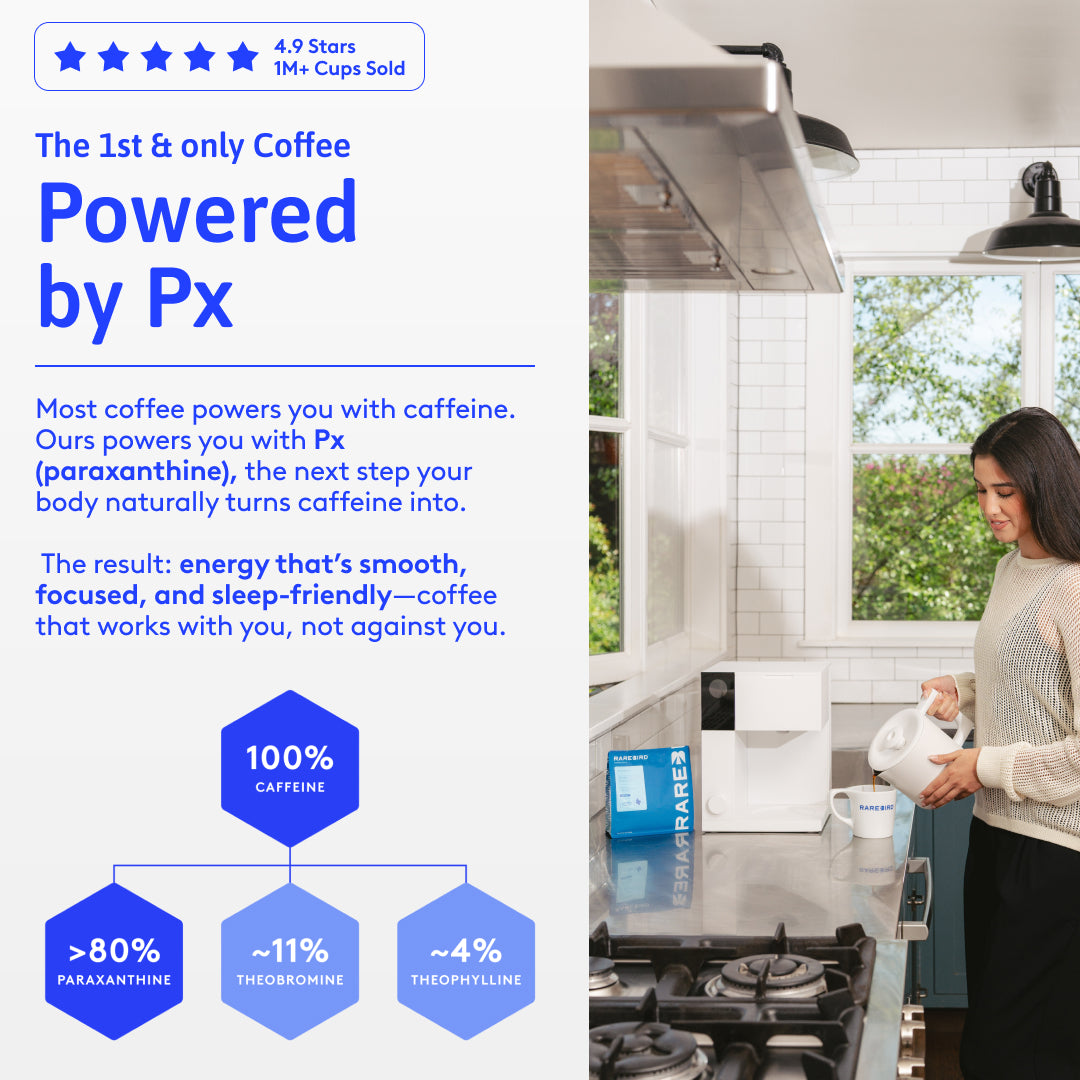
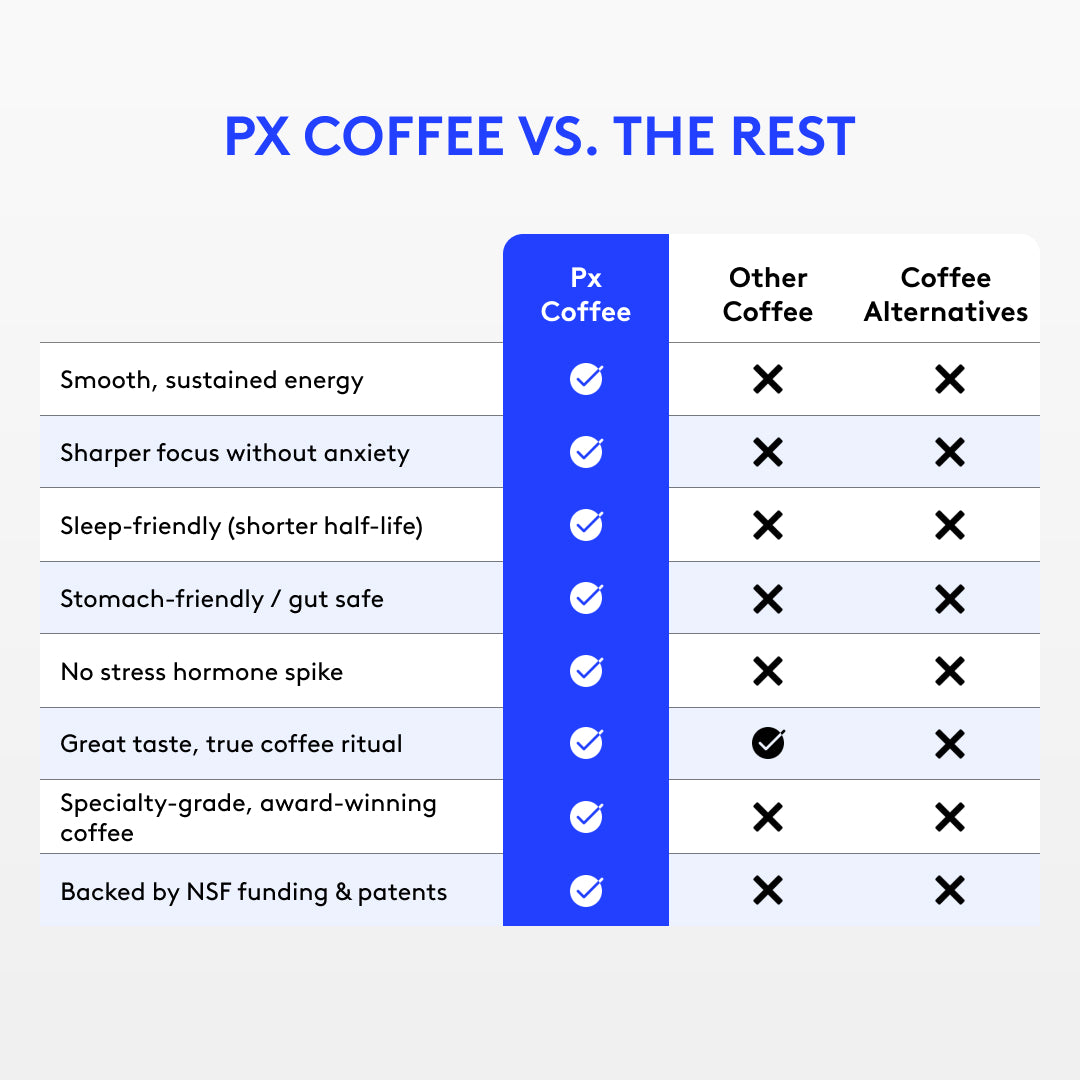




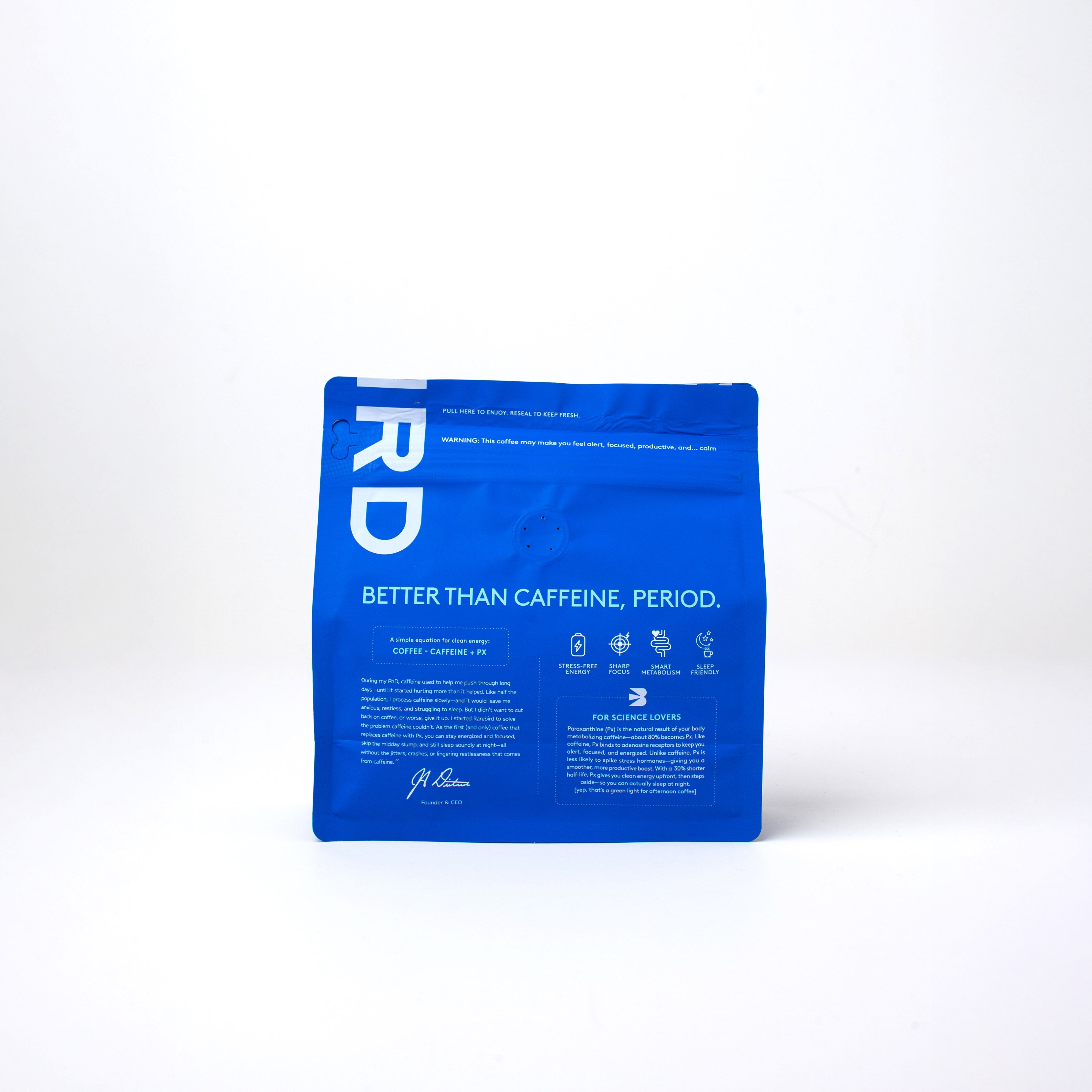

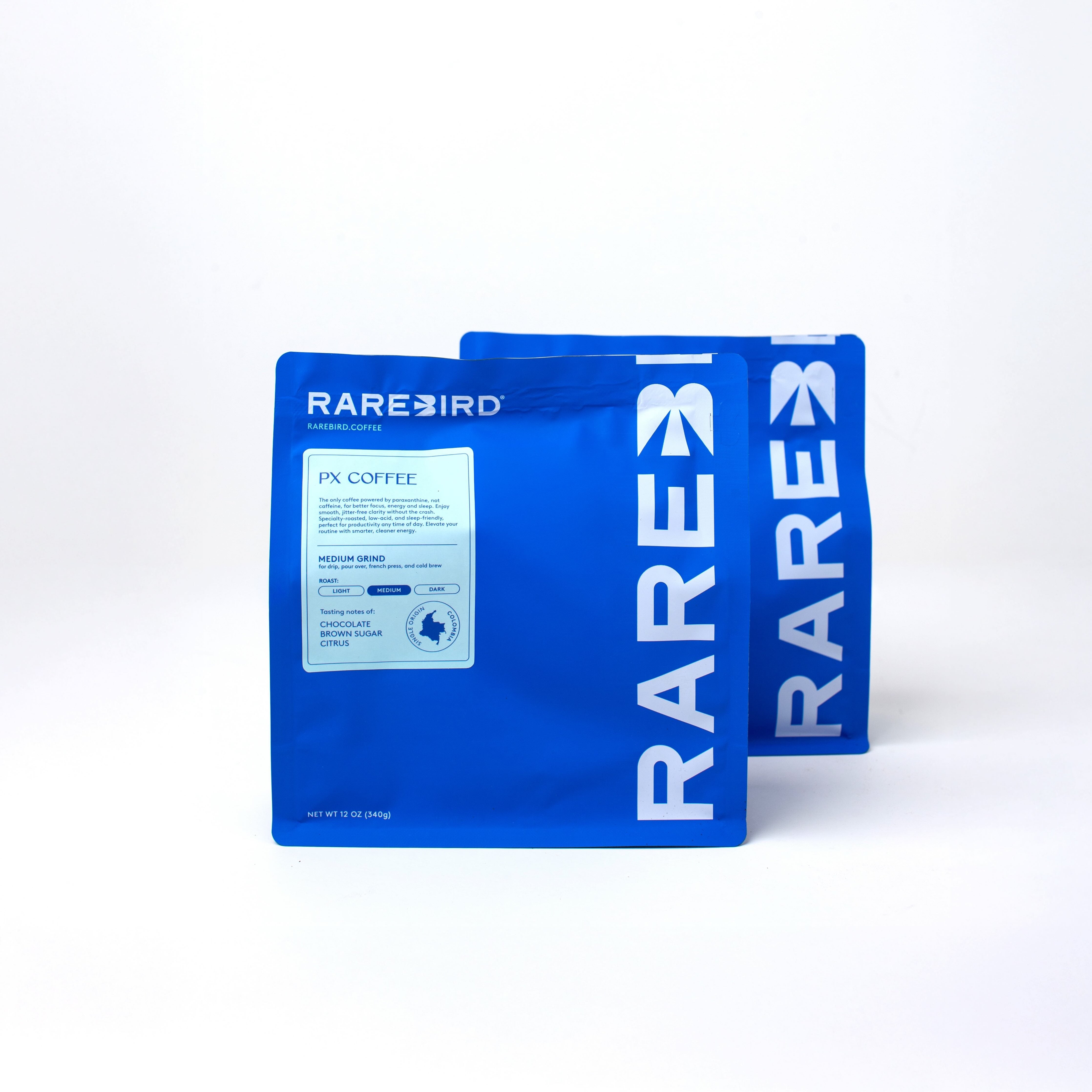

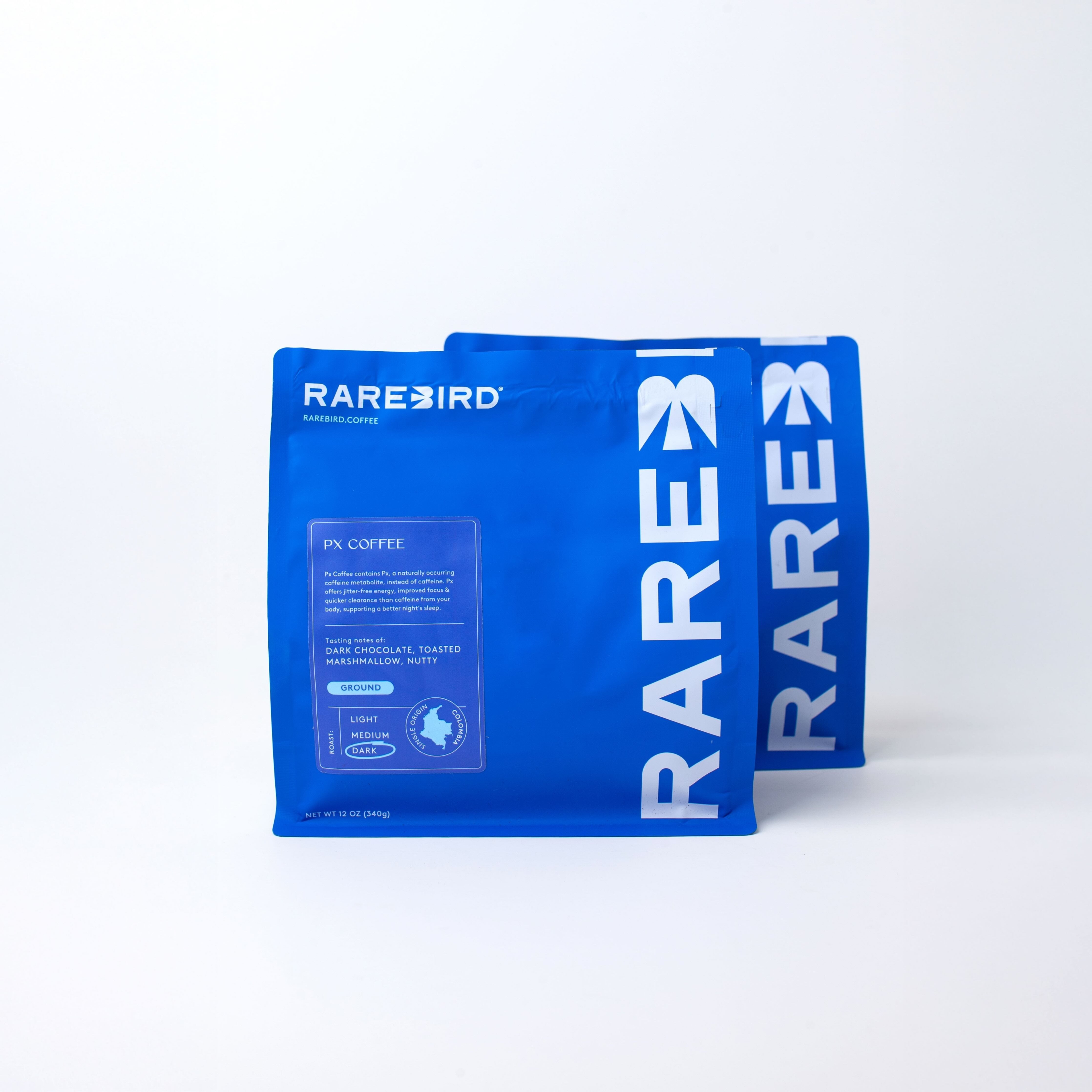


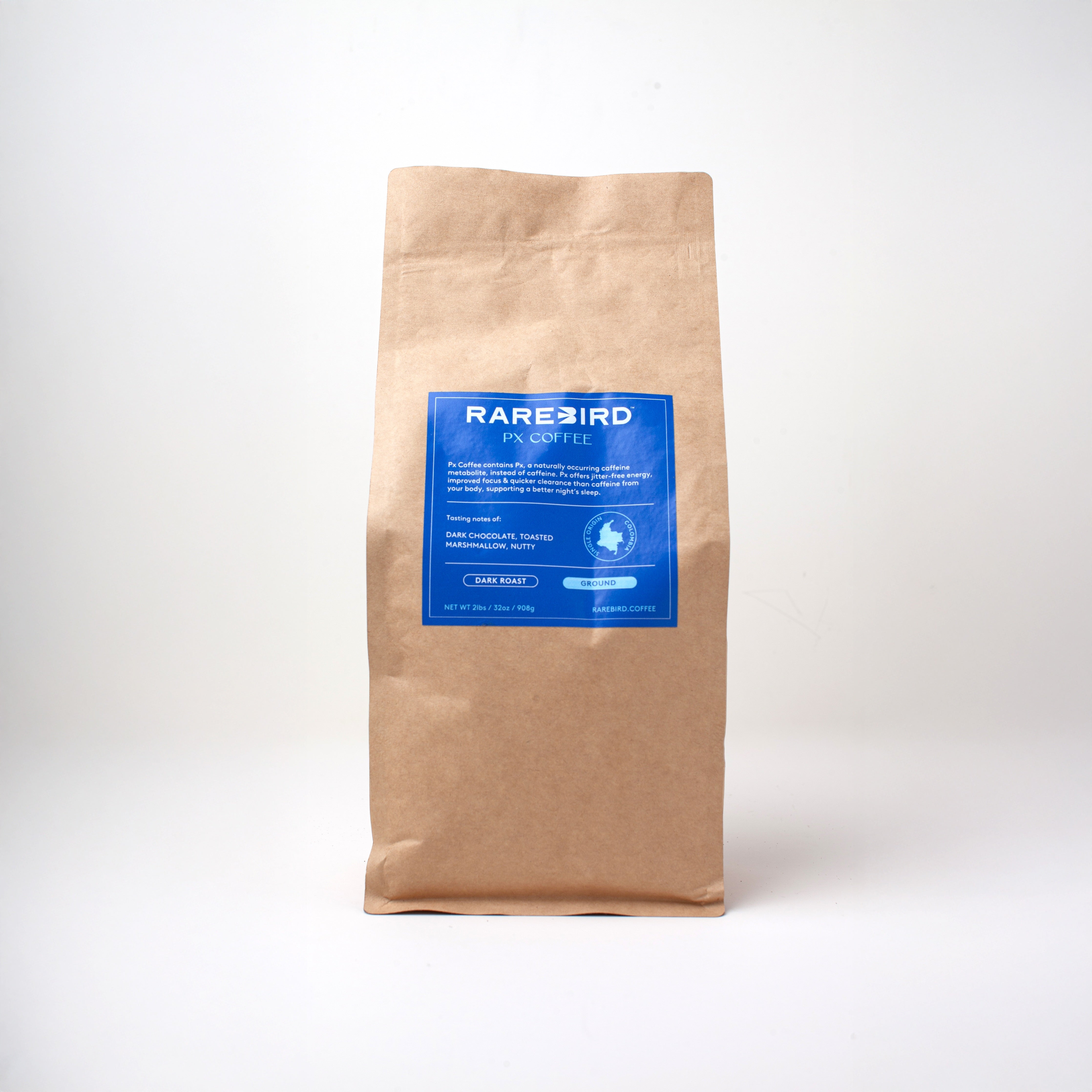
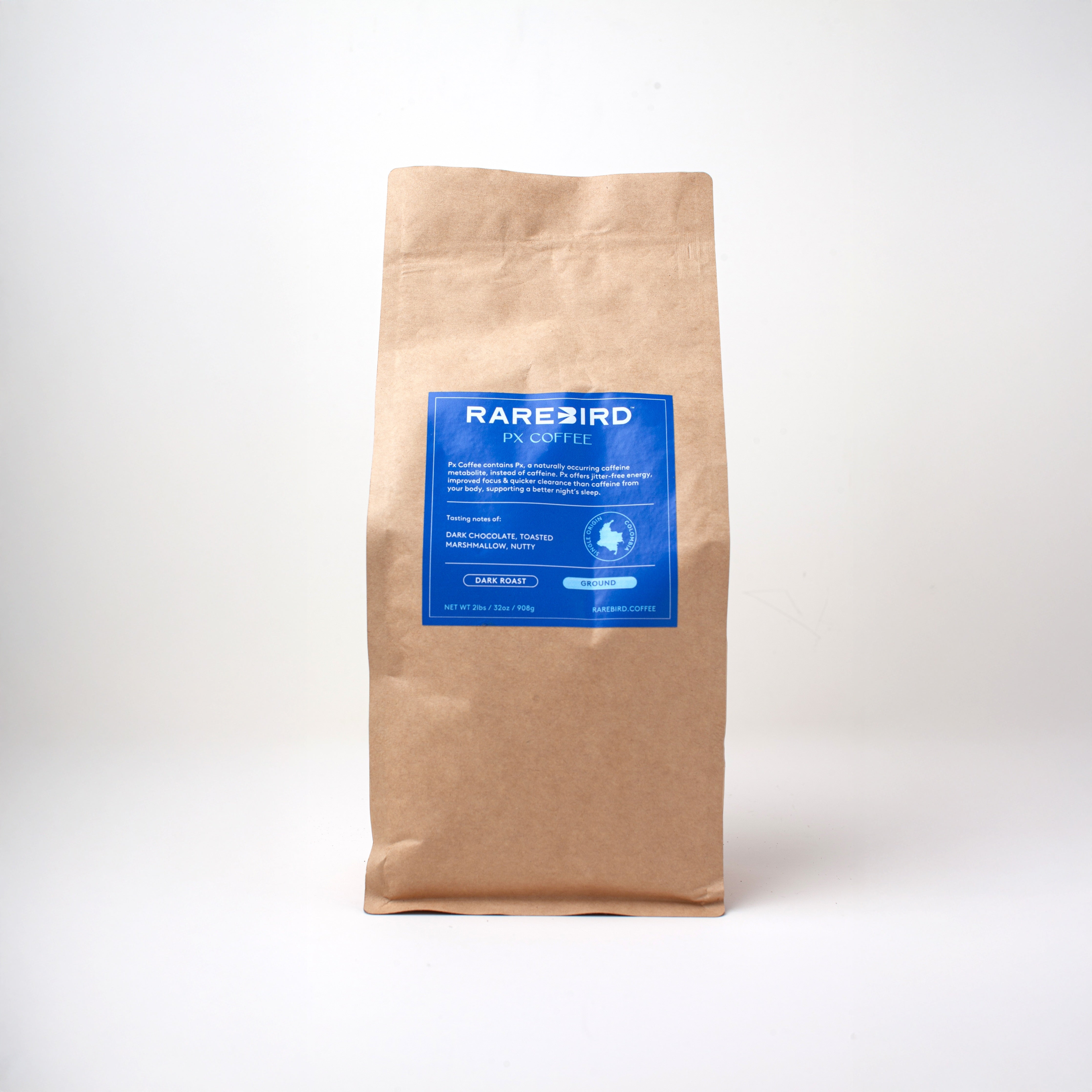
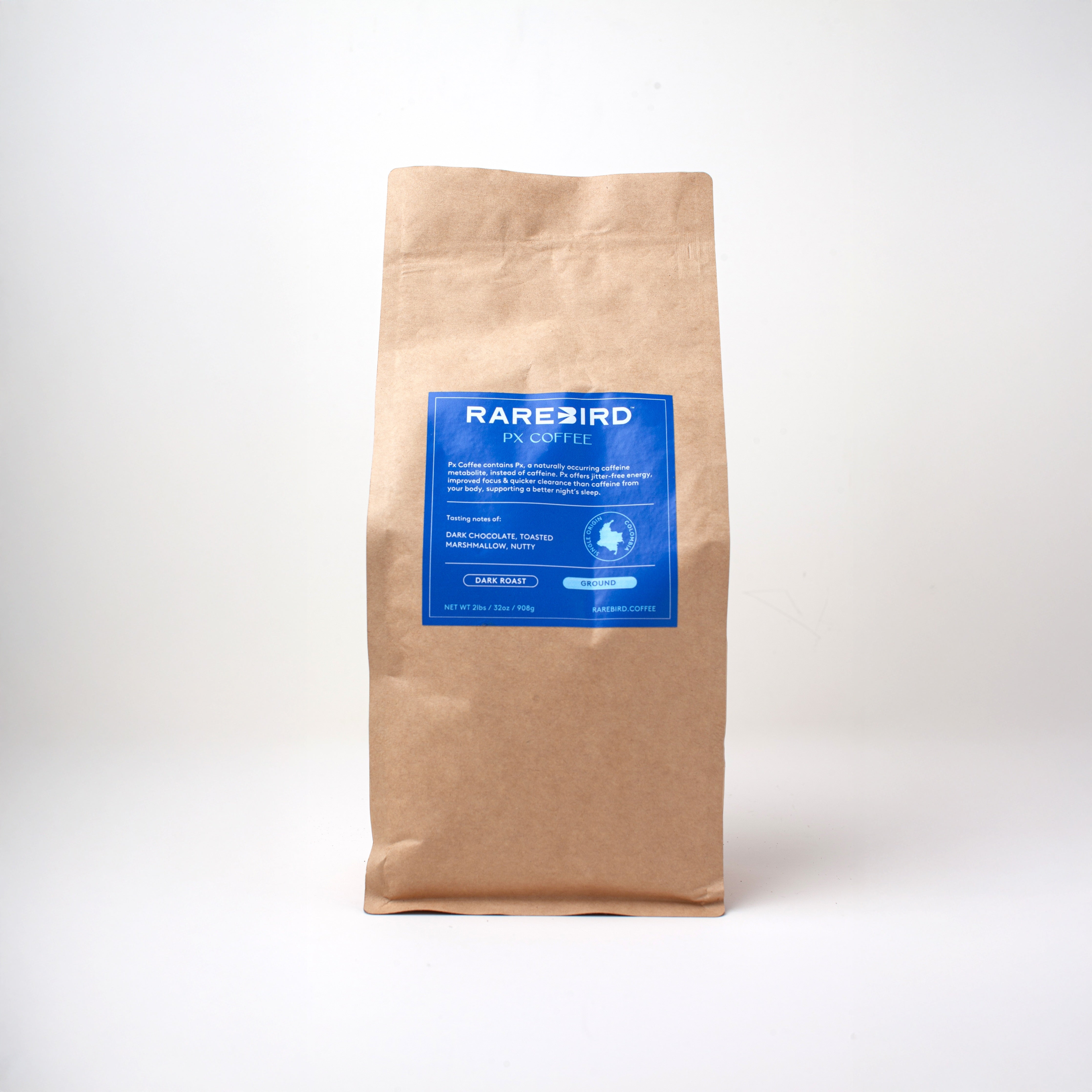
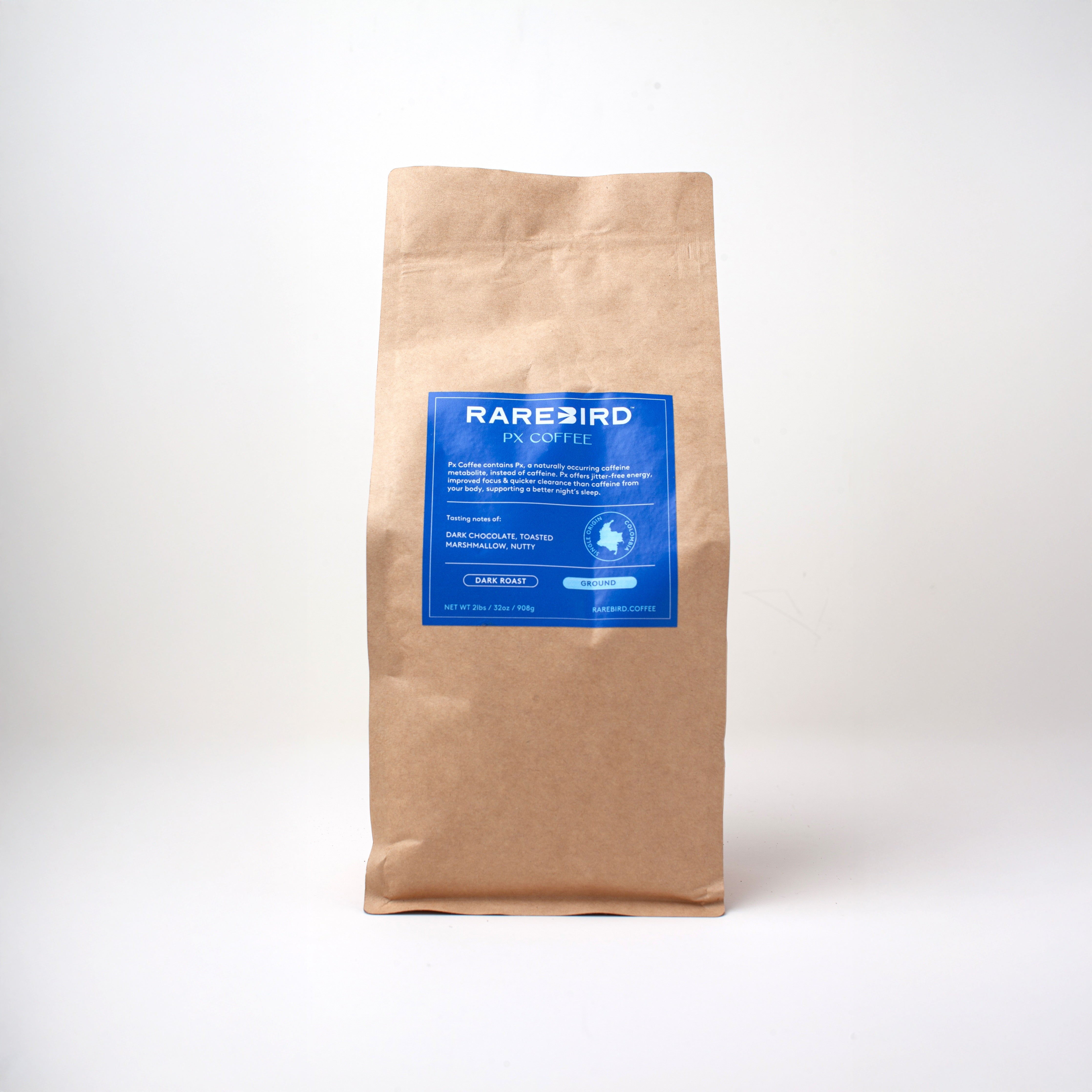





Share:
Why Caffeine Exists: The Evolution of Caffeine in Nature
Cold Brew Coffee Caffeine Content: The Ultimate Guide to Low and High Caffeine Cold Brew